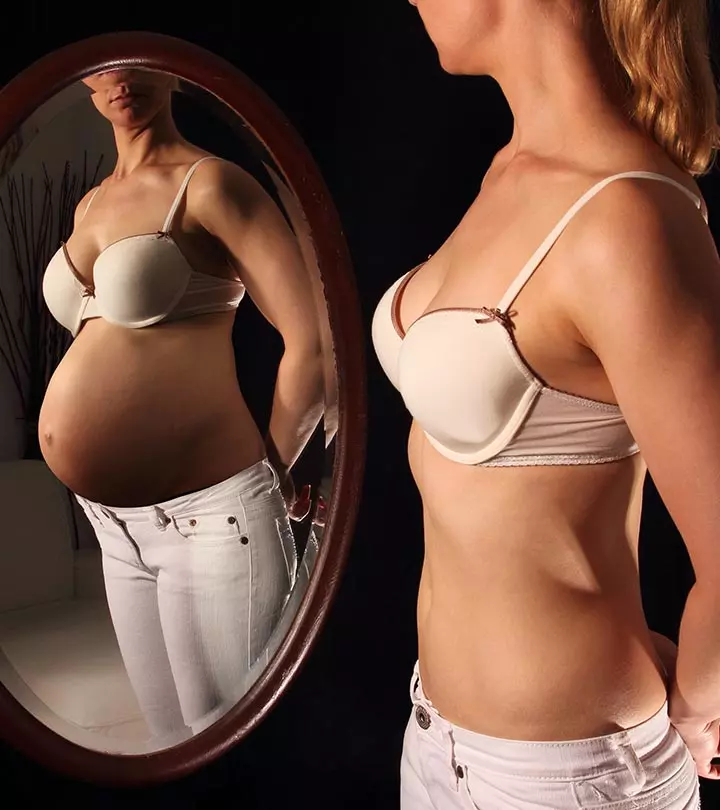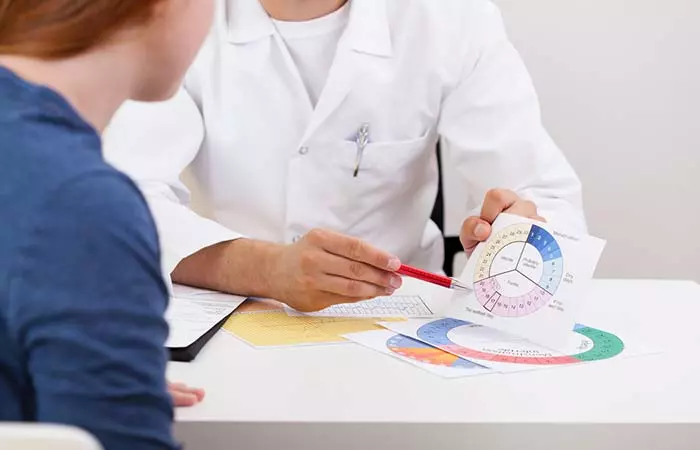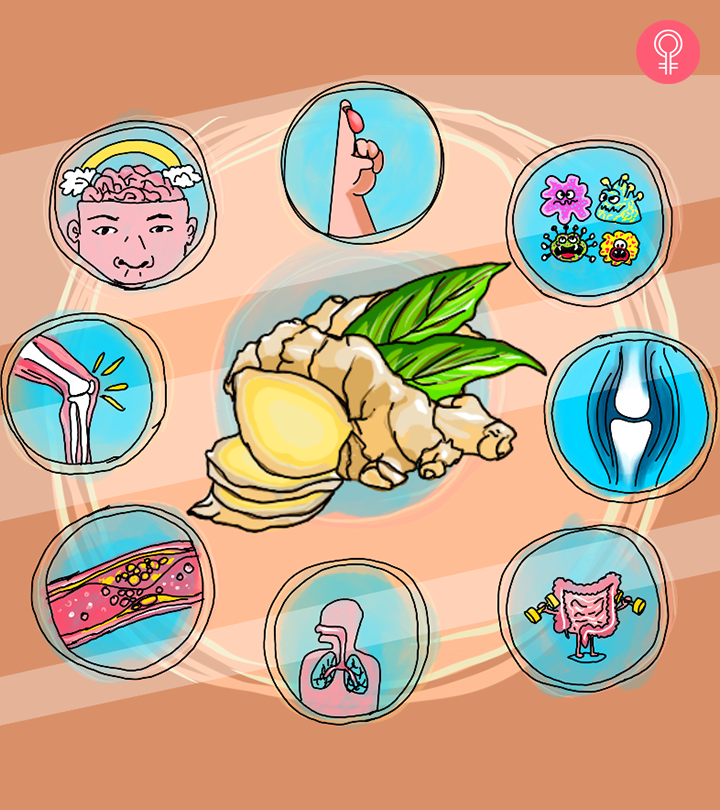What I Wish I Knew Before I Started Trying To Get Pregnant
Unlock key insights and expert tips to boost your journey towards expanding your family.

Image: Shutterstock
There’s no doubt that you will do your homework before trying to get pregnant. You will go through tons of articles on how to conceive and will even pester your gynecologist for tips that help to no extent. But in this mad rush to glean as much information as you can, you may miss out on learning things that are truly important.
For example, did you know that it’s absolutely normal for a perfectly healthy couple to take up to a year to get pregnant (1)? And it doesn’t just stop here. Plenty of women wish they knew certain things before they started trying to conceive. Hence, cease worrying, for you aren’t alone!
Here are five real-life women sharing what they wish they knew about conceiving before they started trying.
Enjoy!
1. The Internet Is Not The Place To Ask Questions. The Doctor’s Clinic Is.
“I think every single time I had a question in mind about conception and pregnancy, I almost immediately turned to the Internet. Sure, it always gave me answers and helped me connect with some truly wonderful women. But it also, more often than not, instilled a deeper sense of fear and anxiousness in me. I couldn’t stop myself from loading up on phony advice on how to conceive given by people who don’t even know what they are talking about. ‘Coffee can cause miscarriages,’ ‘doing it in this position helps in getting a boy…’ – it was all so paranoia-inducing that I almost ended up giving myself a mini heart attack! Now I wish I had never turned to Google and would’ve just picked up the phone and asked my doctor, no matter how ridiculous the question sounded.”
– Mira, 34, Chennai
2. Find Out What YOUR Ovulation Cycle Is
“Honestly, I wish I would have figured out how to keep track of my ovulation cycle sooner than I did. Yes, it is common knowledge that women ovulate two weeks before the onset of their next period, but experience has taught me that you cannot rely on that estimate. After trying to get pregnant and not making much headway, I learned that the best indicator of when I’ll ovulate is the cervical mucus, which turns slippery and stretchy right before the time of ovulation. And for me, that meant ovulation took place three weeks after my period.”
– Anamika, 27, Mumbai
3. It’s Okay To Talk About It
“When I was trying to conceive, I couldn’t help but feel that my husband and I were the only couple who were facing that much trouble while trying to get pregnant. It was very depressing to see couples all around me, of my age, having kids and enjoying family life when we struggled so much. But as soon as I decided that it was high time I spoke to people about it, I found out that others too had faced a lot of trouble. It helped to know that I wasn’t the only one. And I soon learned that taking care of myself was very important if I wanted to have a baby. That meant bringing the stress levels down by pampering myself and doing the things I like.”
– Priyanka, 36, Bengaluru
4. Blaming Yourself And Comparing Is Not Okay
“I admit it. I had a hard time getting pregnant and failed to realize that conceiving takes time. Since it took that long for me, I couldn’t help but blame myself for all that was happening and believed that God was punishing me. I couldn’t even stop myself from comparing myself to other women who had kids and were happy, be it colleagues or friends. I wish someone had told me that it was unhealthy and that everyone has different fertility issues. I wish someone had told me that it’s actually okay.”
– Simran, 40, Gurgaon
5. Getting Back On The Menses Track Takes Time After BCPs (Read: Birth Control Pills)
“What I wish there was more awareness about is: the time it takes to get your periods back on track after stopping birth control pills. For me, it took 9 months to start menstruating and I am still irregular. My doc told me that it can take almost a year for periods to get back to normal after BCPs.”
– Disha, 29, Ahmedabad
6. Options Abound
“You shouldn’t forget the fact that you have other options in case you can’t conceive, such as adoption. For me, it was never about having a baby of my own as much as having a healthy and happy family.”
– Madhuri, 35, Delhi
7. Don’t Neglect Your Life In The Craze To Get Pregnant
“Sometimes I truly wish my friends and family had told me was how much I neglected them and my personal life. Once I started with the fertility treatment, every single minute of my life centered around having a baby and I never realized how selfish and neglectful I had become. I wish I hadn’t made it the focus of my life and just a part of it instead.”
– Rashi, 44, Mumbai
They say that sometimes someone else’s experience can teach you more than yours. And there is a lot to learn here. Take the words of these women as friendly advice and do not upset yourself over not getting pregnant.































Community Experiences
Join the conversation and become a part of our empowering community! Share your stories, experiences, and insights to connect with other beauty, lifestyle, and health enthusiasts.